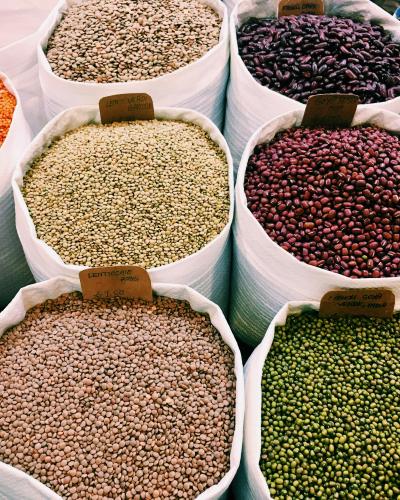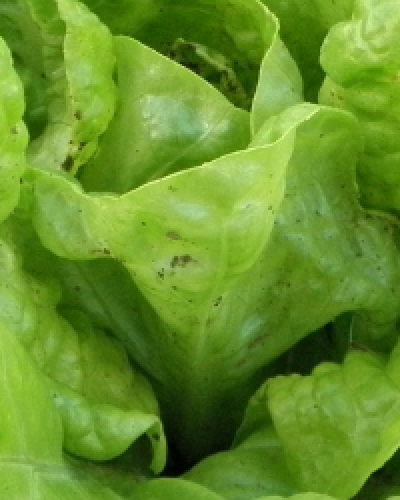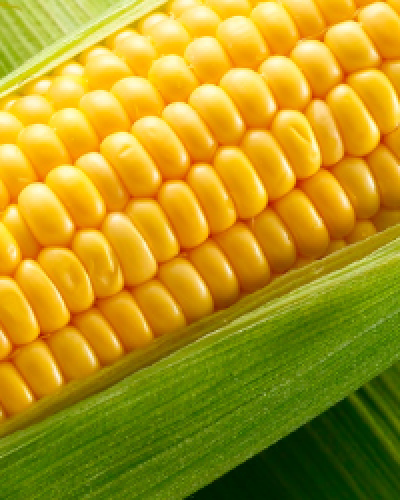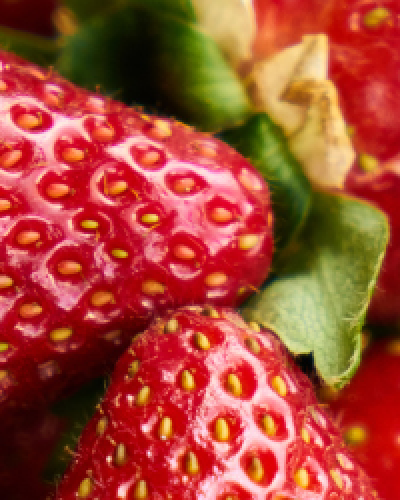A recent Spanish study found that organically grown beans have higher levels of protein, antioxidants, and micronutrients ...
Dec 04, 2025
A new study published in the European Journal of Preventive Cardiology suggests that eating organic food can protect heart...
Nov 17, 2025
Results from a large scale cross-sectional study published in the journal of Public Health Nutrition suggests an association between reduced inflammation and consuming organic food. Though this...
Nov 03, 2025
A study published in the International Journal of Behavioral Nutrition and Physical Activity has provided compelling evidence that higher organic food consumption may contribute to a lower risk of...
Aug 20, 2025
A recent study investigating practices in managing powdery mildew has found that a combination treatment effectively controls...
Aug 06, 2025
A new study published in Soil & Tillage Research highlights the beneficial role of a specific soil fungi, arbuscular...
Jul 23, 2025
A new study from Guanajuato, Mexico published in the journal Agriculture found that grapes grown under organic management...
May 29, 2025
An extensive review of research published in Environmental Health supports the growing evidence that synthetic food dyes,...
May 16, 2025
The benefits of organic practices extend beyond environmental sustainability to include improved nutrition. A recent study...
Apr 04, 2025
A recent study from China found that organically grown strawberries are sweeter, more aromatic and preferred by consumers...











